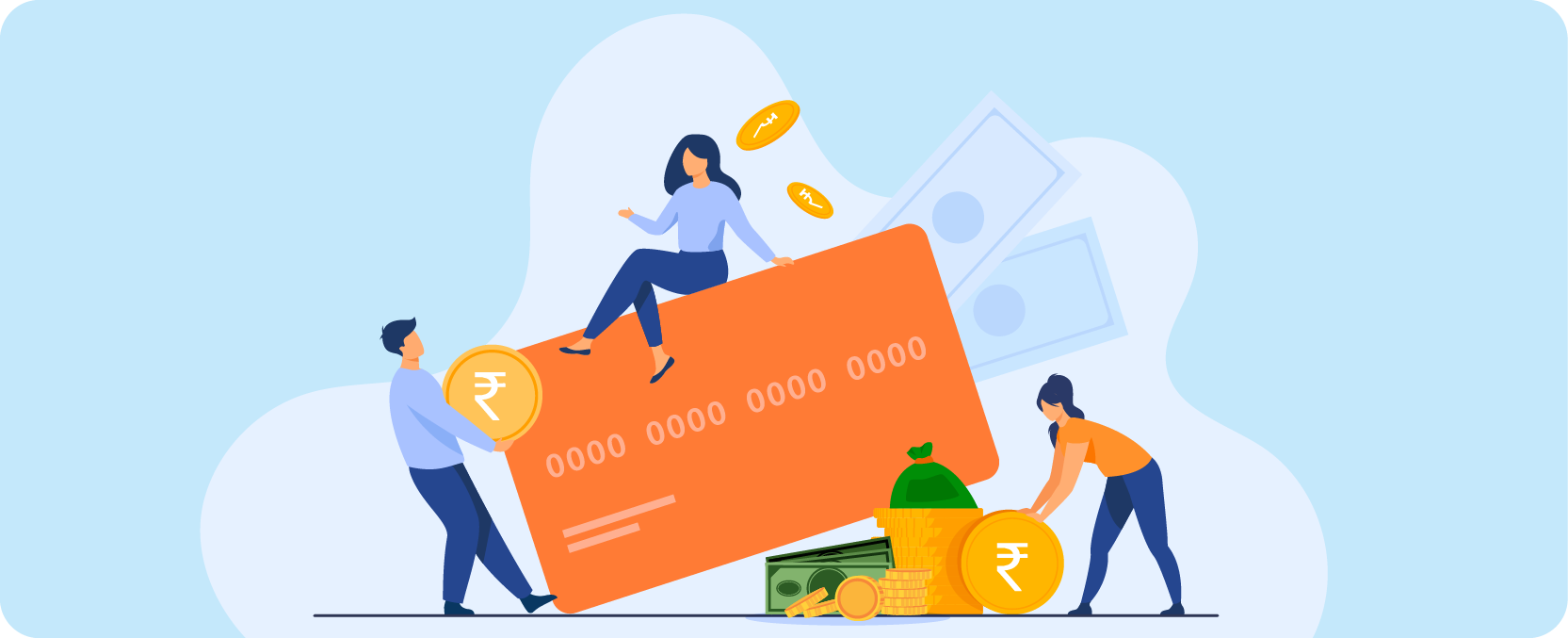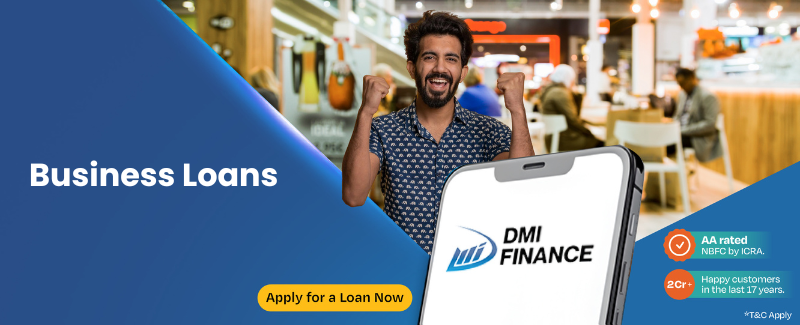- Published on: 20 Oct 2025
- Last updated on: 20 Oct 2025
- Post Views: 1705


When it comes to borrowing money, many people find themselves torn between two popular options: a personal loan or a credit card. Both offer flexible ways to access funds, but they work very differently. Depending on your financial needs, one may be much better than the other.
This guide will help you understand the key differences between personal loans and credit cards, and which one makes more sense for your situation.

| Feature | Personal Loan | Credit Card |
| Type | Lump-sum loan | Revolving credit |
| Interest Rate | Lower (starts from 14.25% annually) | Higher (30% to 40% annually) |
| Repayment | Fixed EMIs | Minimum due or full payment |
| Collateral | Not required | Not required |
| Tenure | 12–60 months | Ongoing |
| Ideal For | Big-ticket, planned expenses | Small, recurring or short-term spends |
A personal loan is better suited when:
Unlike revolving credit from cards, personal loans offer predictability through fixed interest rates and structured EMI repayment schedules. This can help you maintain financial discipline and manage your monthly budget better.

Credit cards are great if:
However, credit cards come with a major con: if you carry a balance, the interest rate can skyrocket to 30%–45% annually. This can trap you in a cycle of revolving debt, especially if you only pay the minimum due.
Personal Loan – Pros
Personal Loan – Cons
Credit Card – Pros
Credit Card – Cons

Let’s say you need ₹1,00,000 urgently for a home repair.
| Feature | Credit Card | DMI Finance Personal Loan |
| Interest Rate (approx.) | 36% p.a. | 14.25% p.a. |
| Tenure | Revolving | 12 months |
| Monthly Payment | Varies (high) | Fixed EMI ₹8,993 |
| Total Interest Paid | ₹18,000–₹20,000+ | ~₹7,914 |
As shown above, using a credit card for big purchases is significantly costlier than a personal loan.
If you’re leaning towards a personal loan, DMI Finance makes the process fast, easy, and entirely digital.
Key Features:

Here’s the process to apply for a DMI Finance personal loan:
Your application will be submitted for review, and you’ll be notified of approval within a few minutes.
Here’s a quick checklist to help you choose:
For planned, high-value, or emergency expenses, personal loans are usually safer, more affordable, and easier to manage long-term.
While both personal loans and credit cards have their place in your financial toolkit, they serve different purposes. If you’re looking to fund a major expense, consolidate debt, or prefer a fixed repayment schedule, a personal loan from DMI Finance offers more control and better cost efficiency.
Explore flexible and affordable personal loan options with DMI Finance today. Apply Now.
1. What is the main difference between a personal loan and a credit card?
A personal loan gives you a lump-sum amount that you repay in fixed EMIs over a set tenure, while a credit card offers revolving credit, which you can use and repay continuously.
2. Which is better for large purchases: a personal loan or a credit card?
A personal loan is better due to lower interest rates and fixed EMIs.
3. Can I use a personal loan to pay off credit card debt?
Yes, many use personal loans for debt consolidation to clear high-interest card dues.
4. Is the interest on a personal loan lower than on a credit card?
Yes. Personal loan interest starts from 14.25%, while cards can charge up to 40% annually.
5. Can I get a personal loan with a credit card outstanding?
Yes, but your credit score and income will determine your eligibility.
6. Which is better: a personal loan or a credit card?
It depends on your purpose. A personal loan is better for big-ticket purchases, medical emergencies, or debt consolidation because it offers lower interest rates and predictable EMIs. A credit card, on the other hand, suits smaller, short-term purchases, but only if you pay the full balance each month to avoid high interest.
7. Can I use a personal loan for travel or home renovation instead of a credit card?
Yes. A personal loan is ideal for planned goals like travel, weddings, or home renovation because it allows you to borrow a larger amount with affordable EMIs.
8. What happens if I only pay the minimum due on my credit card?
Paying just the minimum due keeps your card active but leads to high-interest accumulation on the remaining balance, up to 3% per month (36% annually).
9. Which is better for emergencies, a personal loan or a credit card?
If it’s a small emergency, a credit card can help temporarily. But for larger medical or urgent expenses, a personal loan is better. It offers higher limits, lower interest, and predictable EMIs, which reduces long-term financial stress.
10. Can I use a credit card and a personal loan together?
Yes. In fact, a mix of credit types, revolving (credit card) and instalment (personal loan), can strengthen your credit profile. Just ensure you manage both responsibly and avoid high outstanding balances.
11. How much personal loan can I get from DMI Finance?
With DMI Finance, eligible borrowers can get a loan between ₹50,000 and ₹5 lakh, depending on income, credit score, and repayment capacity.
| Personal Loan of Different Amounts | ||
| ₹50,000 Personal Loan | ₹1 lakh Personal Loan | ₹2 lakh Personal Loan |
| ₹3 lakh Personal Loan | ₹4 lakh Personal Loan | ₹5 lakh Personal Loan |


